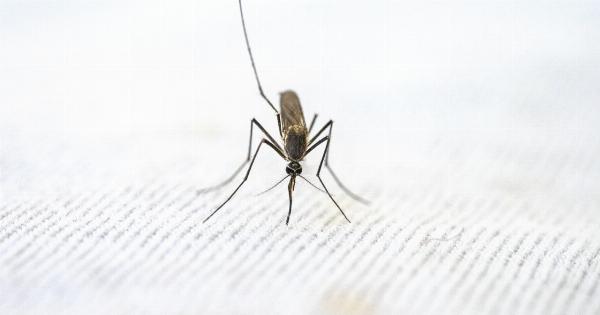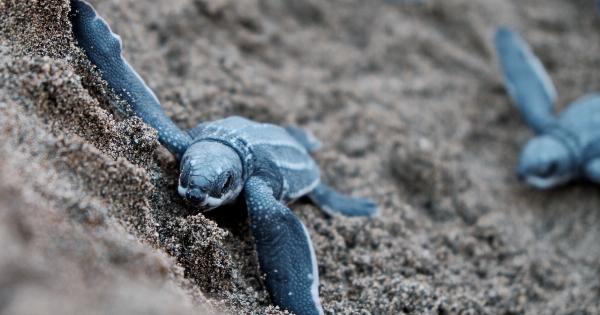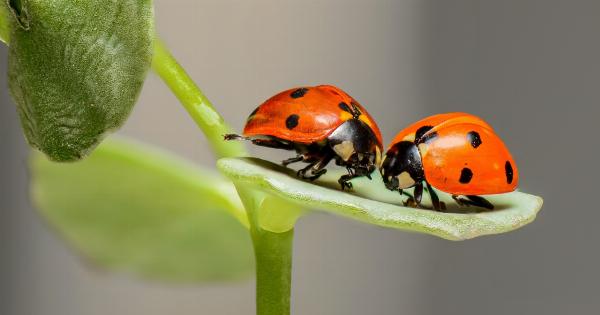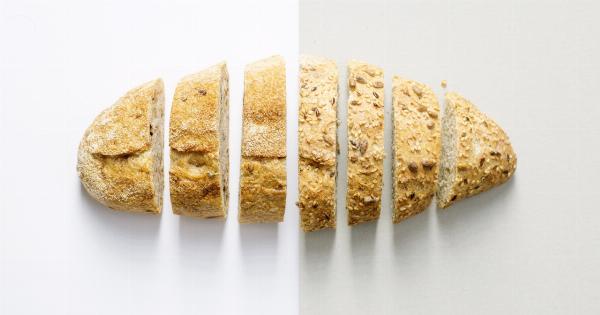When it comes to understanding the relationship between mosquitoes and humans, scientists have been studying both parties for decades. Mosquitoes have been around for over 100 million years, while humans have only been on Earth for around 200,000 years.
Despite the vast difference in time, mosquitoes and humans have coexisted and interacted with each other in various ways, some of which are beneficial and others which are harmful. In this article, we will explore the science behind the mosquito-human relationship.
A Brief History: Mosquitoes and Humans
Mosquitoes belong to the family Culicidae, which has over 3,500 species. They are found in almost every part of the world except Antarctica.
Mosquitoes are best known for their ability to transmit deadly diseases such as malaria, dengue fever, and Zika virus. However, not all mosquitoes are disease carriers.
Humans, on the other hand, are social animals that have evolved over time to live in large groups. We depend on each other for survival, which has led to the development of complex societies and cultures.
Humans have been at war with mosquitoes for centuries, trying to find ways to protect themselves from the diseases these tiny insects can transmit.
The Biology of Mosquitoes
Understanding the biology of mosquitoes is crucial if we want to find ways to control them. Female mosquitoes are the ones that bite and feed on blood, while male mosquitoes do not feed on blood and only consume nectar.
Female mosquitoes need blood to produce eggs.
Mosquitoes are attracted to humans by a combination of factors, including the smell of our skin, the carbon dioxide we exhale, and our body heat. Once a mosquito lands on our skin, it uses its proboscis to pierce our skin and feed on our blood.
Mosquitoes have a complex life cycle that begins when a female lays her eggs in water. The eggs hatch into larvae, which then develop into pupae. The pupae eventually emerge as adult mosquitoes.
This entire process takes around 10-14 days under optimal conditions.
The Impact of Mosquito-Borne Diseases on Humans
Mosquito-borne diseases have had a significant impact on human populations throughout history. Malaria, for example, has been responsible for more deaths than any other disease in human history.
It was not until the 20th century that scientists discovered that mosquitoes transmit malaria.
Dengue fever is another disease that is transmitted by mosquitoes. It is estimated that around 390 million people are infected with dengue fever every year, with around 25,000 deaths.
Dengue fever is most common in tropical and subtropical regions, where mosquitoes thrive.
Zika virus is a relatively new mosquito-borne disease that was first discovered in the 1940s. However, it was not until 2015 that an outbreak in Brazil brought the disease to international attention.
Zika virus can cause birth defects such as microcephaly in babies born to infected mothers.
Mosquito Control Methods
Given the impact mosquitoes can have on human health, mosquito control is a critical area of research.
There are several methods available to control mosquito populations, including chemical insecticides, biological control methods, and genetic modification.
Chemical insecticides have traditionally been the most commonly used method for controlling mosquitoes. However, the overuse of insecticides has led to the development of insecticide-resistant mosquitoes, which can be even more challenging to control.
Biological control methods involve using natural predators or parasites to control mosquito populations. For example, introducing fish such as gambusia or guppies into standing water can help control mosquito larvae.
Alternatively, the bacteria Bacillus thuringiensis israelensis can be added to water to kill mosquito larvae.
Genetic modification is a more recent method for controlling mosquito populations. Scientists have been able to genetically modify mosquitoes to either reduce their ability to transmit diseases or to make them sterile.
However, the use of genetic modification is still controversial and raises ethical and safety concerns.
The Future of Mosquito Control
As our understanding of mosquitoes and their biology improves, so too will our ability to control them. The development of new control methods, such as gene editing and RNA interference, holds great promise for the future.
These methods could lead to more efficient and targeted control of mosquito populations.
Ultimately, it will take a multifaceted approach to control mosquito populations and the diseases they transmit. This approach will require collaboration between scientists, public health officials, and communities.
The goal is to find a way to coexist with mosquitoes without sacrificing our health and well-being.





























